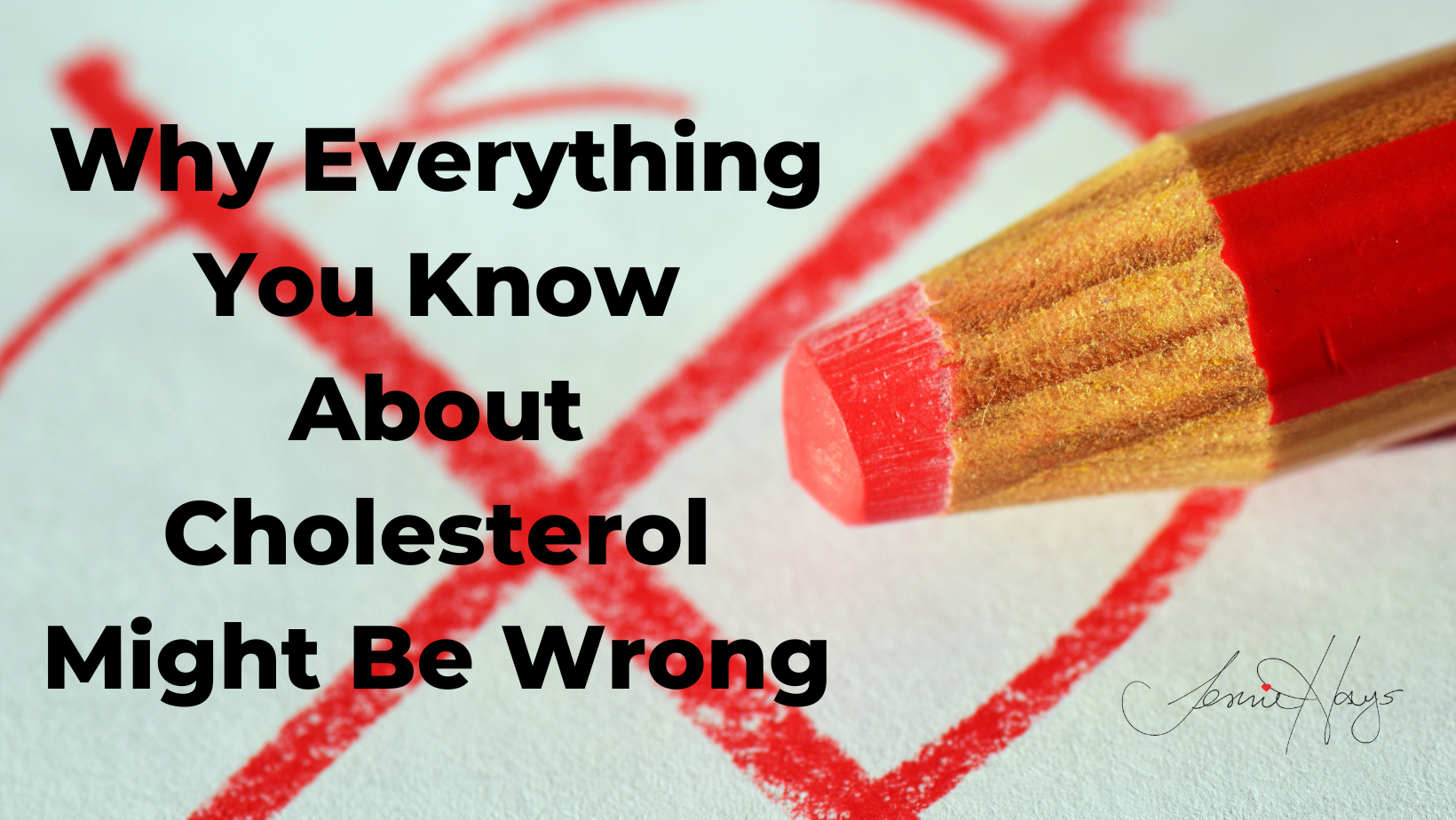Why Everything You Know About Cholesterol Might Be Wrong
Busting Myths: Are Saturated Fats the Enemy?
You've heard it a thousand times before: "Saturated fats are bad for you." But hold on a minute, isn't it time to challenge this statement?
Saturated fats naturally occur in foods like red meat, dairy, and certain oils like coconut and palm oil. For ages, these fats have been painted as the villains, accused of boosting the "bad" cholesterol, low-density lipoprotein (LDL), and clogging our arteries, leading to heart disease. But is this the truth?
Unpacking the Truth: Rethinking Saturated Fats and Cholesterol
Recent research is shaking up the old way of thinking. There's little evidence to prove that lowering LDL cholesterol through dietary means actually decreases a person’s risk of developing cardiovascular disease. In fact, the color of your shirt has as much impact as your LDL level on whether you will have a heart attack. Instead, the research is leaning towards inflammation and the small LDL particles associated with heart disease that are barely affected when we trim down our saturated fat intake.
The Big Picture: A Balanced Approach to Diet
So, does this mean you should start gorging on saturated fats? Maybe! While the American Heart Association still recommends limiting saturated fats to about 5–6% of your daily calories, there are no studies that support increased health with low saturated fat intake. In fact, studies where saturated fats were replaced with vegetable oils have shown some disconcerting side effects, which we will examine in another blog.
Cholesterol: More Than Just LDL
Moving beyond the "bad" cholesterol, LDL, there's high-density lipoprotein (HDL), or the "good" cholesterol. HDL transports cholesterol back to the liver to be excreted from the body. Moreover, research shows the ratio between triglycerides (another type of fat in your blood) and HDL is a far better predictor of heart disease risk than LDL alone. Known as atherogenic dyslipidemia, a high triglyceride and low HDL level is linked with heart disease risk, independent of LDL levels.
The Essential Role of Cholesterol
You see, cholesterol isn't just about heart disease. It's an essential part of every cell in our bodies, providing structure to our cell membranes. What's more, our hormones - including estrogen, testosterone, and progesterone - even Vitamin D, which is actually a hormone, require cholesterol for their production. And did you know your brain, the control center of your body, is mostly made of fat? Yes, cholesterol is much more than the villain it is portrayed as.
The HDL and Triglyceride Twist: Food Matters
You've probably noticed by now that HDL and triglycerides are vital players in this health game. But how can we manipulate these levels to benefit our health? Interestingly, there are no medications available to raise HDL levels. The only proven way to boost this "good" cholesterol is by eating foods rich in saturated fats.
On the other hand, your triglyceride levels hike up when your carbohydrate intake is too high. That means your pasta-loving heart might have to take a bit of a backseat. Reducing your carb intake, especially refined carbohydrates, could be a good start to lowering your triglyceride levels and improving your heart health.
Wrapping It Up: Nutrition Science Evolves
The world of nutrition is as complex as it is fascinating, with science continually shedding new light on what we thought we knew. So, the next time you hear a sweeping statement about "good" and "bad" fats or cholesterol, remember, it's not that simple. Stay curious, keep asking questions, and continue taking care of your body

